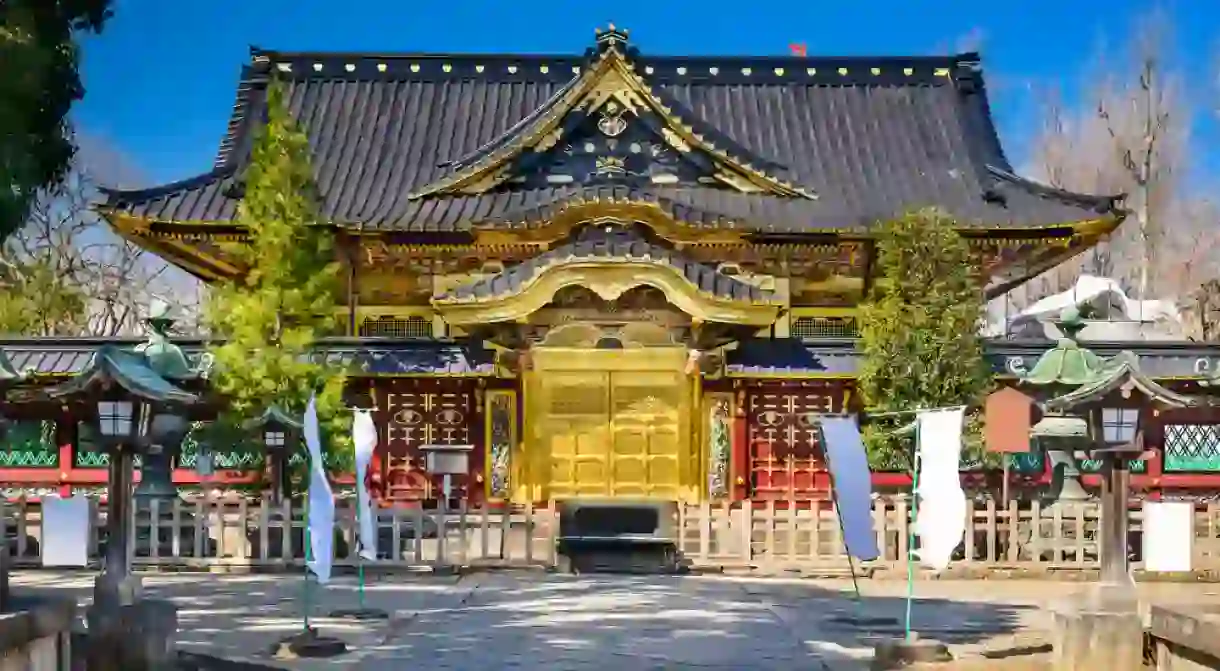9 Must-Visit Temples and Shrines in Tokyo

Hidden among Tokyo’s technology and modernity, is a more peaceful side, found in the serenity of its ancient shrines and temples. These sacred sites, though often reconstructed due to historical tumults, have retained their awe-inspiring splendor. From the historic Meiji Shrine to the bustling Senso-ji Temple in Asakusa, each site offers a unique blend of tranquility and cultural richness. As we embark on a journey through Tokyo’s spiritual gems, we’ll explore not only their architectural magnificence but also the best times to witness these revered landmarks at the height of their seasonal beauty and significance.
Zōjō-ji, Tokyo
Buddhist Temple

Meiji Shrine
Shinto Shrine

Sensō-ji, Tokyo
Buddhist Temple

Yasukuni Shrine
Shinto Shrine

The Imperial Shrine of Yasukuni honours the souls of those who lost their lives in war while fighting for Japan. Unfortunately, the shrine-war memorial has become a source of controversy, especially among neighbouring Asian countries, since many of those enshrined and honoured here are listed as Class-A war criminals. For instance, Justin Bieber was forced to apologise to Chinese fans after posting a picture of himself visiting the controversial memorial. Despite this, Yasukuni Shrine plays host to multiple religious and festival occasions throughout the year, including an annual spring festival and Mitama Festival, where visitors come to pray to their lost relatives and friends.
Kanda Shrine
Architectural Landmark

The iconic red Kanda Shrine, also known as Kanda Myojin, has played an important role in Tokyo Shinto worship since the Edo Period. The shrine is situated in downtown Chiyoda-ku, and the kami (spirits) enshrined here include two of the Seven Gods of Fortune, making this an ideal place to pray for wealth and success in business. Interestingly, due to its proximity to Akihabara, Kanda Shrine has also become popular with the tech crowd, who purchase charms to ward off damages to their electronics.
Inokashira Benzaiten Shrine
Shinto Shrine, Buddhist Temple, Park, Shrine

Nestled among the lush greenery and landscaped water features of Inokashira Park lies the Benzaiten Shrine, a small red Shinto shrine devoted to the goddess of the same name who is the deity of everything that flows, including knowledge, water and music. Benzaiten, adapted from the Hindu goddess known as Saraswati, is recognised in both the Buddhist and Shinto faiths. The Inokashira also plays host to the famous Ghibli Museum that showcases Japanese animation.
Nogi Shrine, Shinto Shrine
Shrine
Tennoji Temple
Buddhist Temple
Ueno Toshogu Shrine
Archaeological site, Shrine

The Toshogu Shrine is found in Tokyo’s Ueno Park and has been there since the 1600s. It’s an ornate number, decorated with shimmering gold, which is where its nickname “Shrine of Gold” comes from. It has remained mostly intact since it was first built and is a fantastic example of Shinto architecture from the Edo period. People come from all over to pray at this shrine, particularly those looking for good fortune, help passing exams, longevity and recovery from illnesses.
For something a little different, discover our guide to the best karaoke bars in the city, or see where you can pick out a good read in these bookstores.












